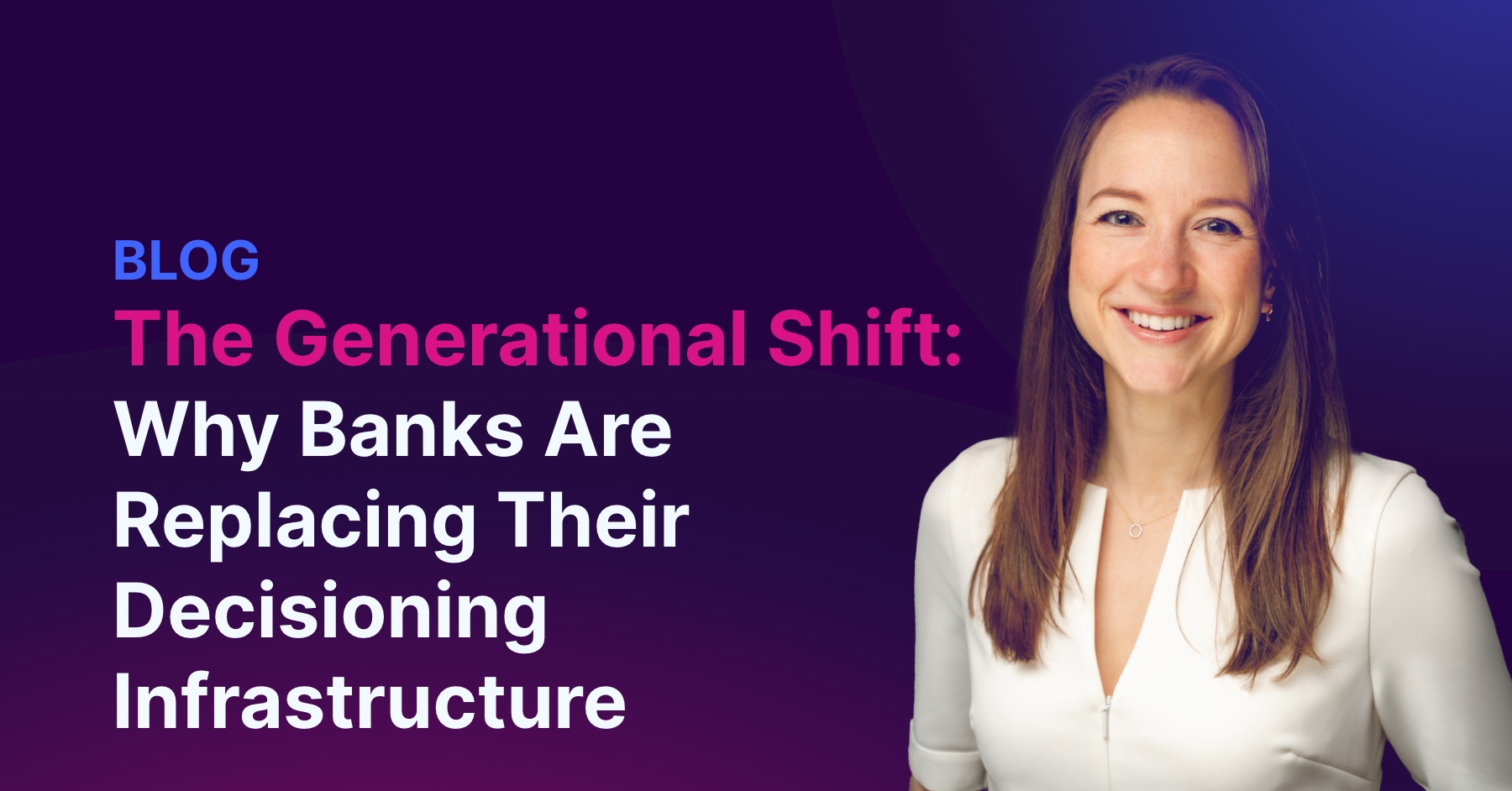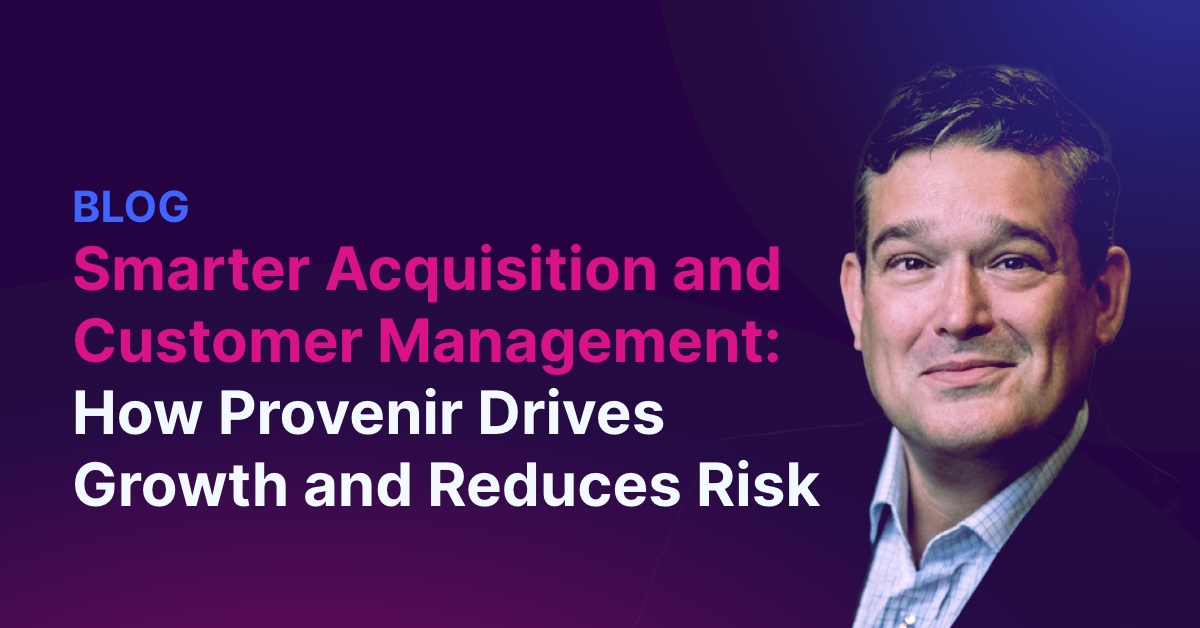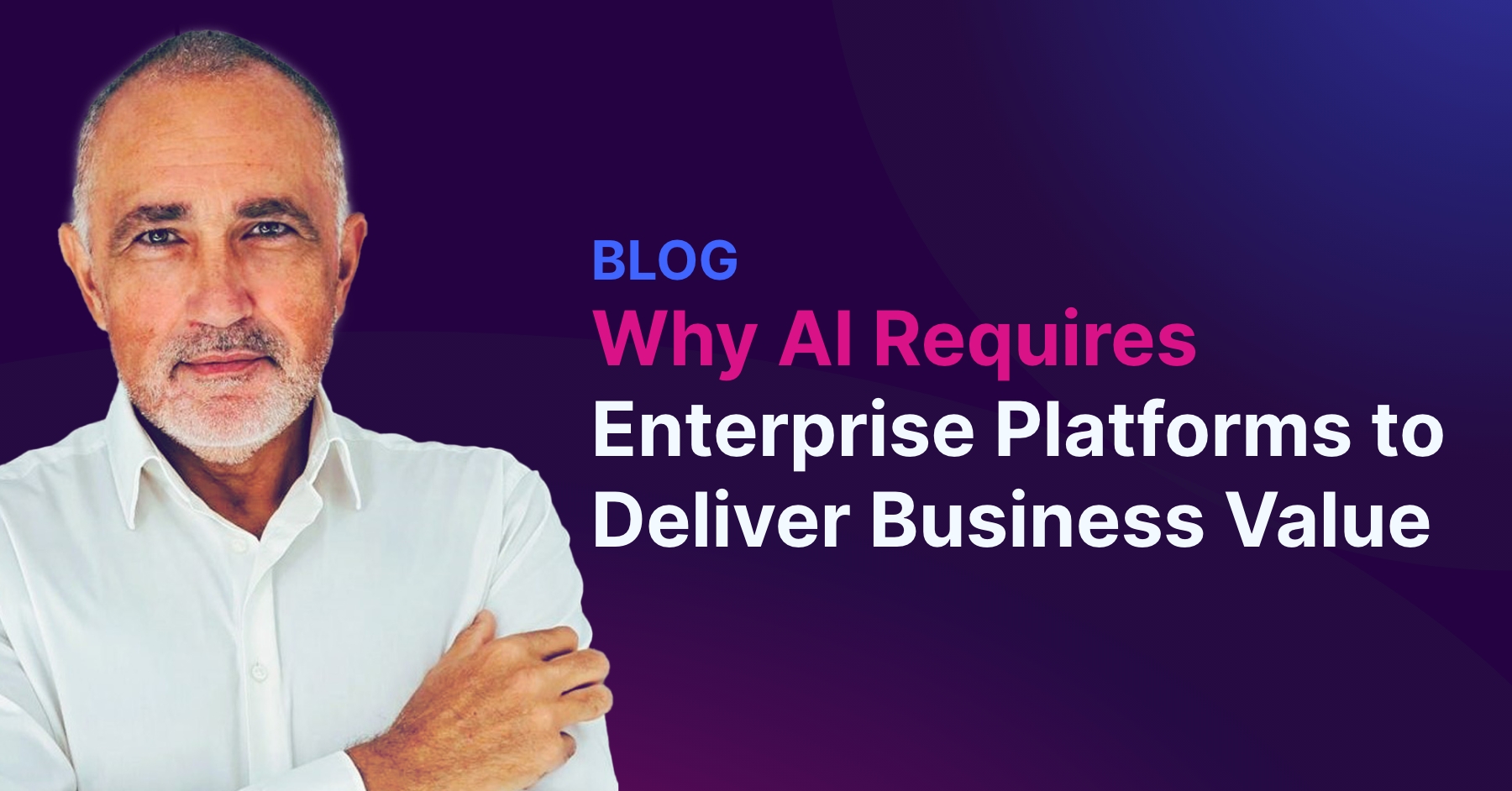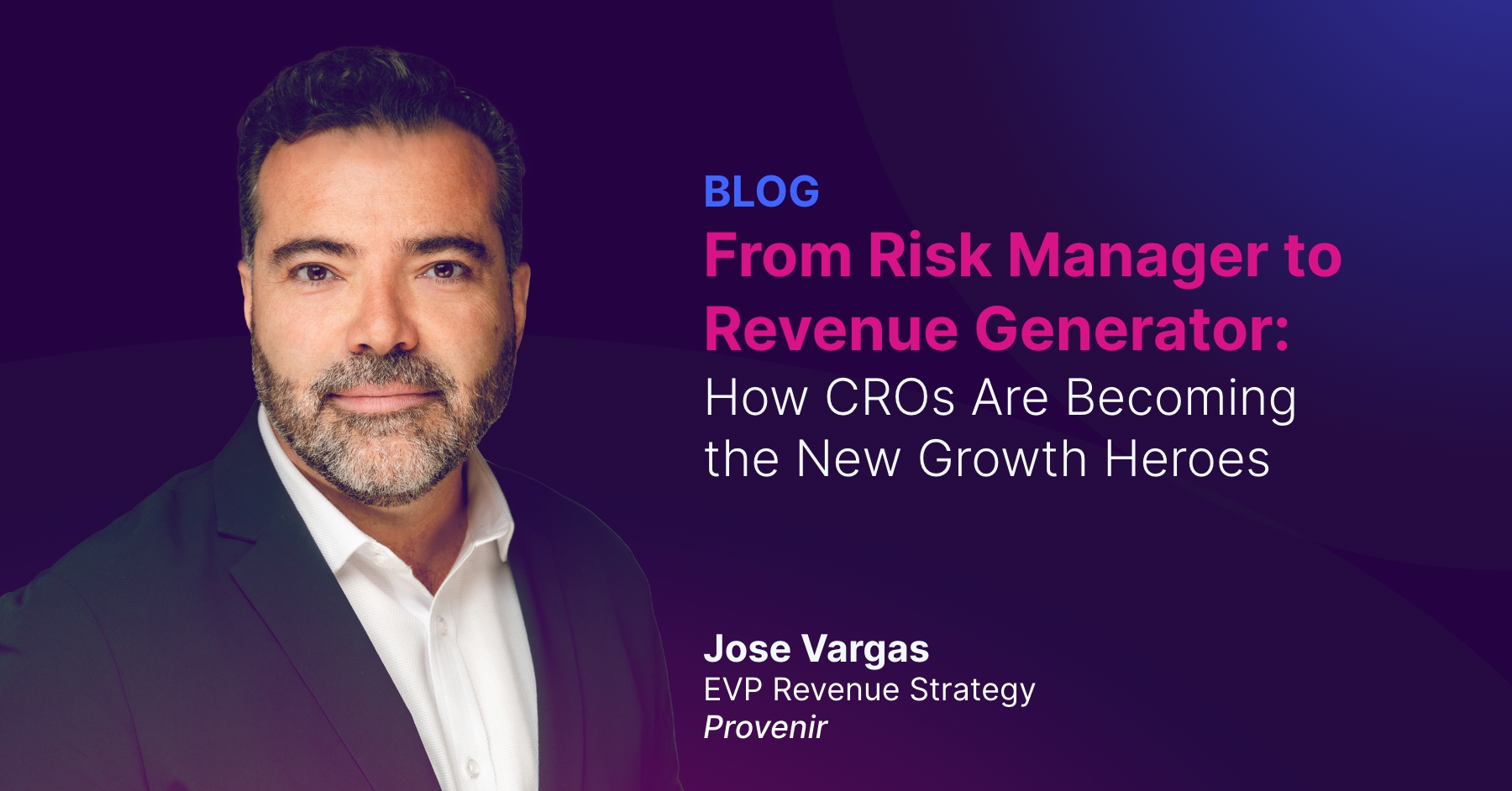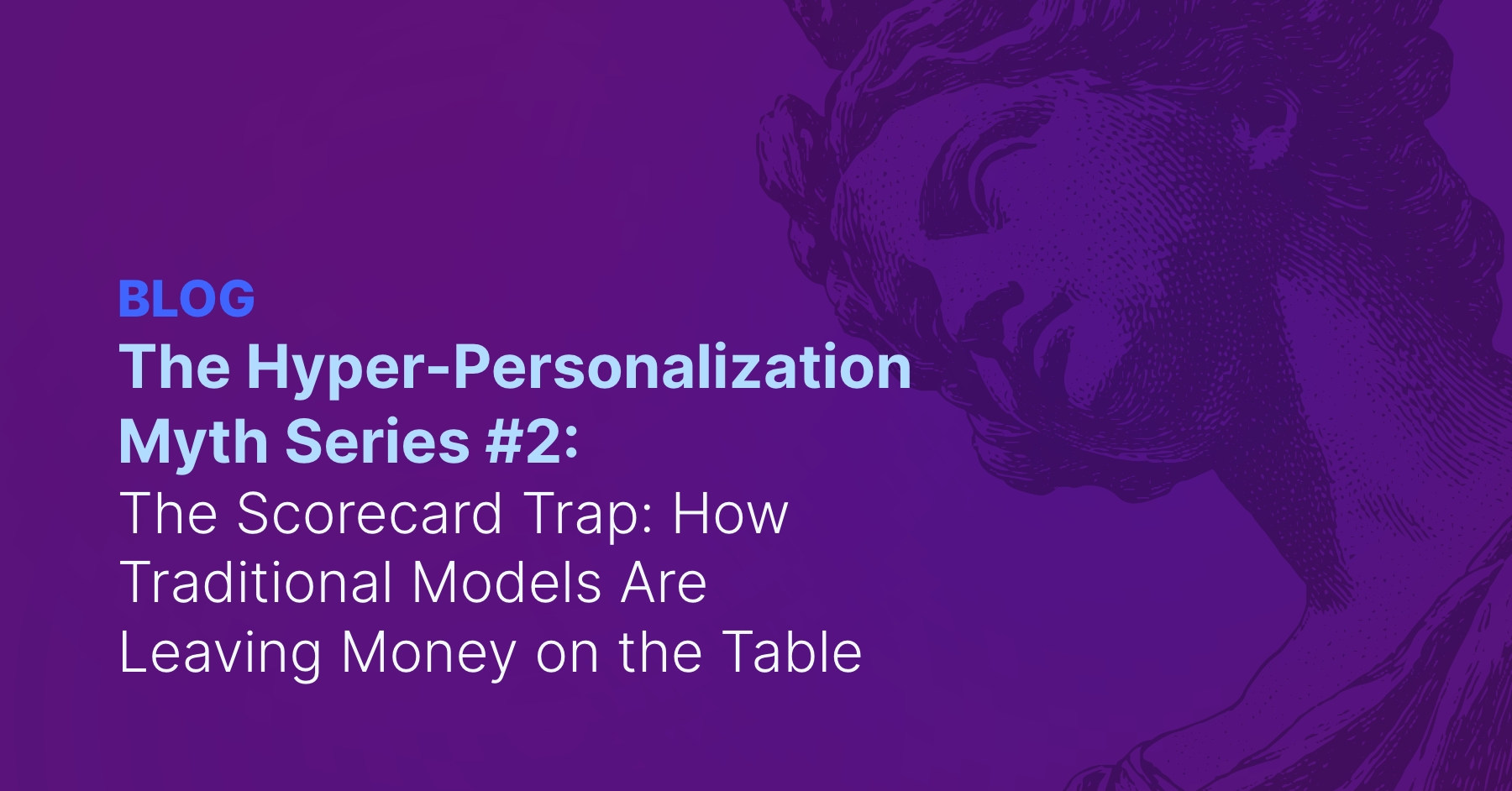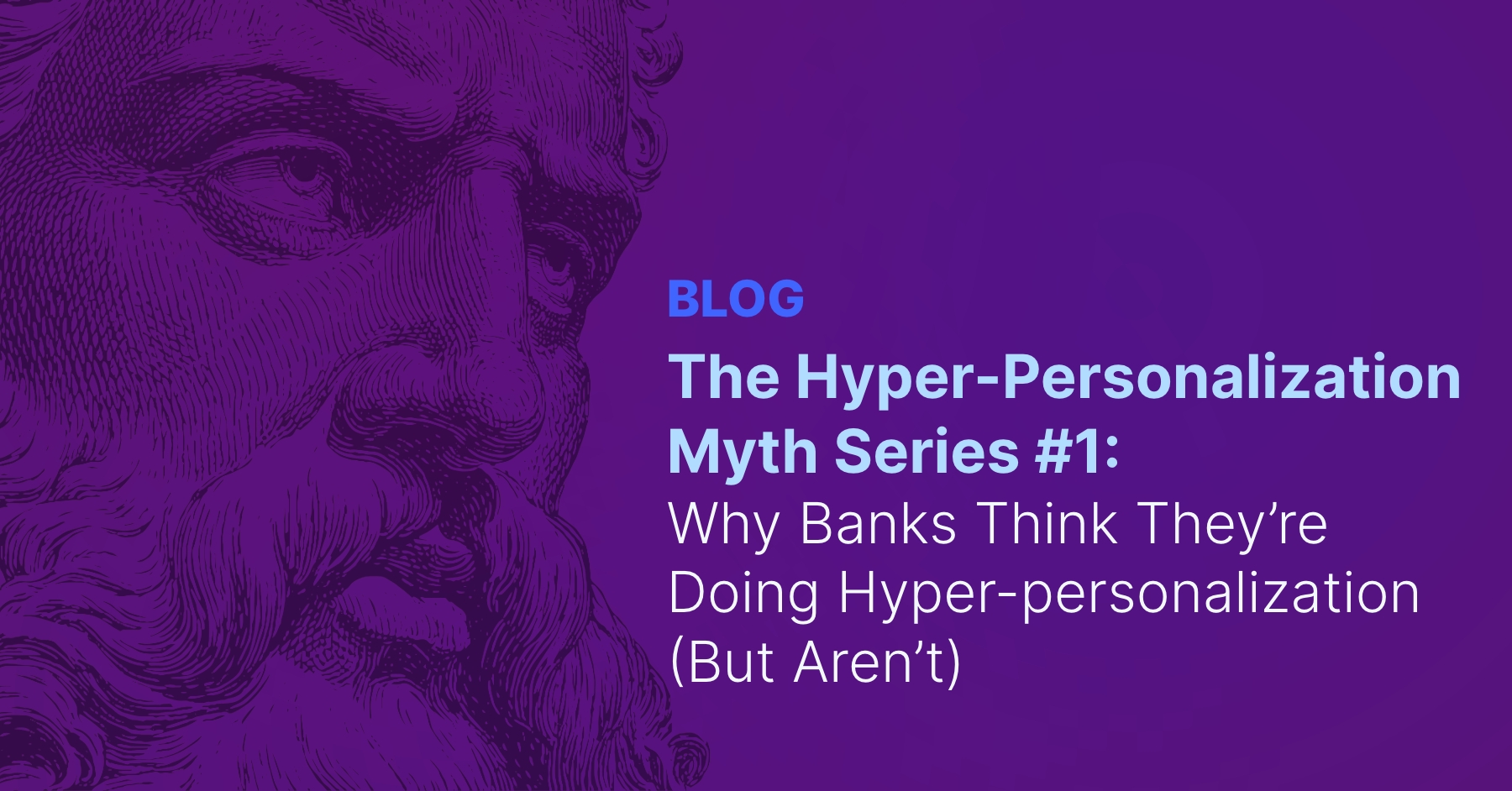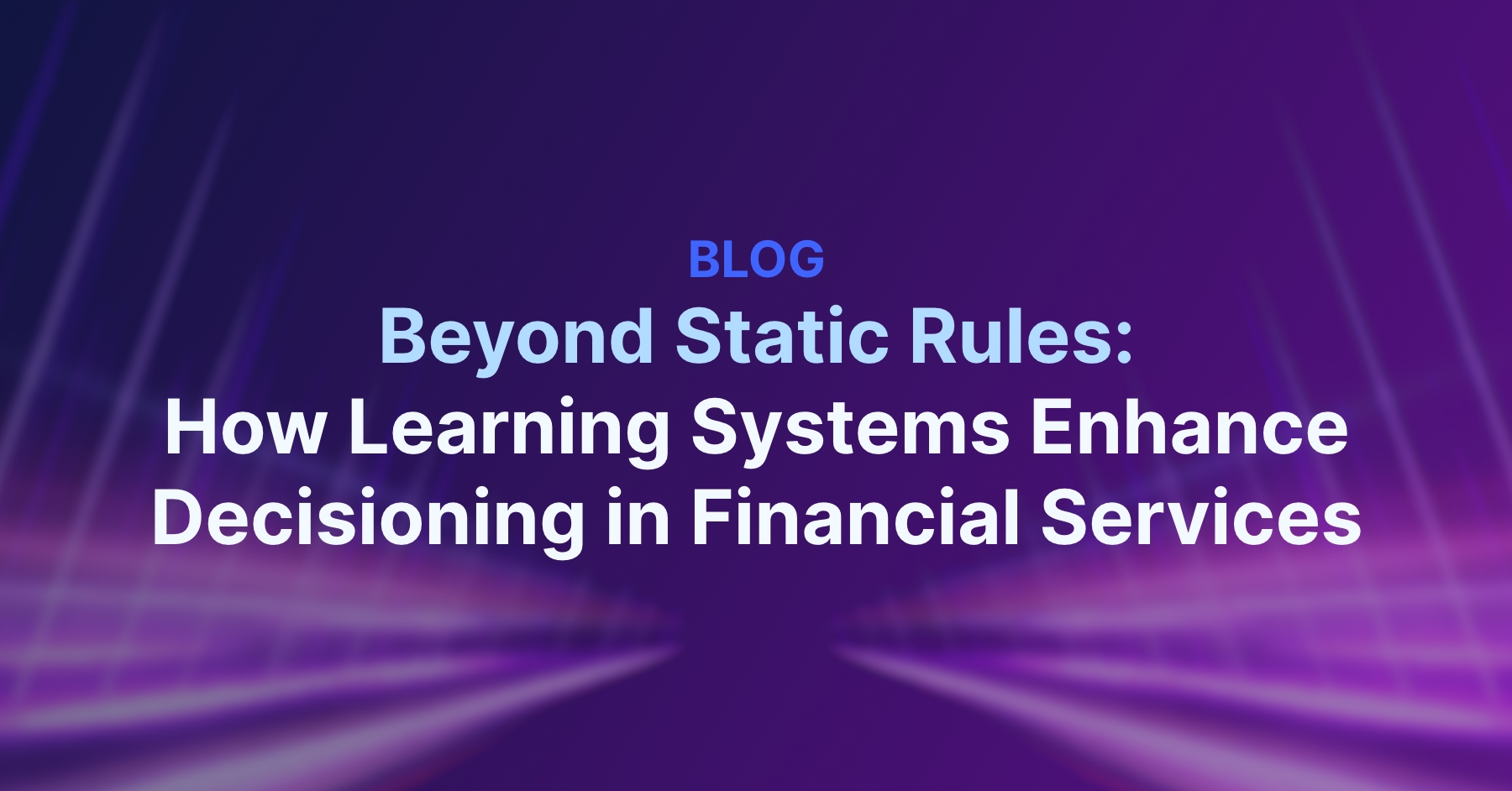First-Party Fraud: The Hidden Cost
First-Party Fraud:
The Hidden Cost of “Good” Customers
Unmasking Risk with a Unified Approach

Jason Abbott
In the relentless battle against fraud, our industry has traditionally focused heavily on third-party attacks – the obvious criminals attempting to steal identities or hijack accounts. While crucial, this focus can obscure a far more insidious and often underestimated threat: first-party fraud (FPF).
First-party fraud occurs when a seemingly legitimate customer manipulates products or services for financial gain. Unlike external fraudsters, these individuals often use their own genuine identity, making them incredibly difficult to detect with traditional fraud detection methods. The insidious nature of FPF means it frequently slips through the cracks, masquerading as legitimate credit risk or bad debt, and quietly eroding profitability across a number of businesses globally.
The Nuances of First-Party: Beyond Just Bad Debt
- No Intent to Repay: This is perhaps the most damaging type. Here, the applicant takes out a loan, opens a credit line, or acquires a device with a deliberate intention not to repay from the outset. They may appear creditworthy on paper, but their true aim is to default.
- Fabricated Income/Employment: Inflating income, creating fake employment, or misrepresenting financial obligations to secure better terms or larger credit limits.
- Bust-Out Schemes: Initially establishing a good payment history, then maxing out credit lines with no intention of repayment, often followed by disappearing or declaring bankruptcy.
- Friendly Fraud/Chargeback Abuse: Disputing legitimate charges or feigning non-receipt of goods/services to avoid payment.
- Early Account Closure/Churn: Using an account for a specific benefit (e.g., promotional offer, cashback) and then closing it immediately, leaving the provider out of pocket.
The core challenge with FPF, particularly “no intent to repay,” is that it blurs the lines between credit risk and outright fraud. A customer might appear to simply be a “bad credit risk” when, in fact, they are a fraudster. Traditional fraud prevention systems, often siloed from credit risk assessments, are not designed to detect this deliberate deception.
Why FPF Goes Undetected: The Blurry Line of Intent
The struggle to detect FPF stems from several factors:
- Authentic Identity: The applicant uses their real name, address, and genuine identity documents. This makes it difficult for standard ID&V checks to flag them as fraudulent.
- Intent is Hard to Prove: Proving intent to defraud is complex. Unlike stolen identities, where the illicit nature is clear, FPF relies on understanding behavioral anomalies and subtle red flags that indicate malicious pre-meditation.
- Siloed Operations: Credit risk, fraud, and collections teams often operate independently, using separate data sets and disparate systems. This prevents a holistic view of the customer journey and makes it challenging to connect early application behaviors with later default patterns.
- Data Gaps: Traditional credit models primarily focus on past payment behavior. They often lack the dynamic, real-time insights into application inconsistencies, behavioral biometrics, or device intelligence that could expose FPF.
Unifying Risk to Unmask First-Party Fraud Through Behavioral Intelligence
Effectively combating first-party fraud – especially the “no intent to repay” variant – requires a unified, data-driven approach that breaks down the traditional silos between fraud, credit risk, and even collections. This necessitates adding a crucial layer of behavioral intelligence to risk assessments.
- Orchestrating a 360-Degree View of the Applicant: The key to unmasking intent lies in connecting seemingly disparate data points. This involves integrating vast and diverse data sources – not just credit bureau data, but alternative data, device intelligence, telecom data, and internal application history. By orchestrating this rich tapestry of information, a comprehensive profile can be built that reveals subtle inconsistencies and red flags indicative of FPF.
- Early Detection of Fraudulent Intent through Behavioral Signals: This goes beyond traditional checks. Actively capturing and analyzing behavioral signals during the application process and beyond can provide critical insights. These include:
- Application Behavior: How an applicant interacts with the application form (e.g., speed of completion, excessive copy/pasting, rapid changes to information, unusual navigation patterns).
- Device Fingerprinting: Identifying suspicious device usage patterns (e.g., multiple applications from the same device but different identities, use of emulators or VPNs).
- User Interface Anomalies: Detecting unusual interactions that deviate from typical, legitimate user behavior. These early behavioral indicators, often invisible to conventional systems, provide invaluable insights into a potential “no intent to repay” scenario, allowing for intervention before a loss occurs.
- Advanced Machine Learning Models for Deeper Intent Detection: Leveraging this enriched dataset, including behavioral signals, powerful machine learning models can be employed. These models should be continuously learning and adapting to:
- Identify Anomalies in Application Data: Pinpointing unusual patterns that might bypass basic checks.
- Correlate Behavioral Flags with Risk: Understanding how specific behavioral patterns, when combined with other data, indicate a higher propensity for FPF.
- Predict “No Intent to Repay”: By analyzing a combination of application data, behavioral signals, past repayment behaviors (across an ecosystem of lenders, if applicable), and external fraud indicators, models can generate a predictive score for intent-based fraud. This allows for proactive intervention at the application stage.
- Real-Time, Adaptive Decisioning: FPF requires rapid response. Real-time decision engines allow organizations to instantly assess the nuanced risk of each applicant. This means legitimate customers experience seamless onboarding, while suspicious applications are flagged for further review or denied, preventing losses before they occur. The flexibility of such systems enables rapid adaptation of strategies as new FPF patterns emerge.
Connecting the Dots Across the Customer Lifecycle: A core strength lies in unifying platforms for credit risk, fraud prevention, and collections. This holistic view is paramount for FPF:
- Integrated Data for Credit Risk: Data insights gathered during fraud detection, including behavioral signals, can directly feed into and enhance credit risk models, providing a more accurate assessment of true repayment likelihood.
- Early Warning for Collections: By identifying FPF at the application stage or early in the account lifecycle, businesses can proactively adjust collections strategies, prioritize accounts, or even prevent the onboarding of high-risk individuals from the outset.
- Feedback Loops for Continuous Improvement: Performance data from credit risk and collections efforts can be fed back into the fraud models, creating a powerful feedback loop that continuously refines detection capabilities.
Beyond the Bad Debt Write-Off: Preventing Fraud at the Source
First-party fraud is not simply bad debt; it’s a deliberate act of deception that demands a dedicated, intelligent solution. By moving beyond siloed operations and embracing a unified risk approach that intelligently combines traditional and behavioral data, leverages advanced machine learning, and enables real-time decisioning, businesses can effectively unmask “no intent to repay” schemes and other forms of FPF. This not only mitigates significant financial losses but also ensures that resources are focused on truly legitimate customers, fostering a more secure and profitable ecosystem for all.
Jason Abbott is a highly experienced fraud prevention leader with 18 years of expertise, currently serving as the Director of Fraud Solutions at Provenir. He specializes in application fraud, identity, and authentication, with a strong background in product management and go-to-market strategies for fraud software. Having held significant roles at major UK banks like JPMorgan Chase & Co., Barclays, and HSBC, Jason has a proven ability to deliver results across retail, corporate, and wealth sectors, actively contributing to the industry by sharing insights on evolving fraud threats. Get in touch on LinkedIn.
Learn More on our fraud solution
